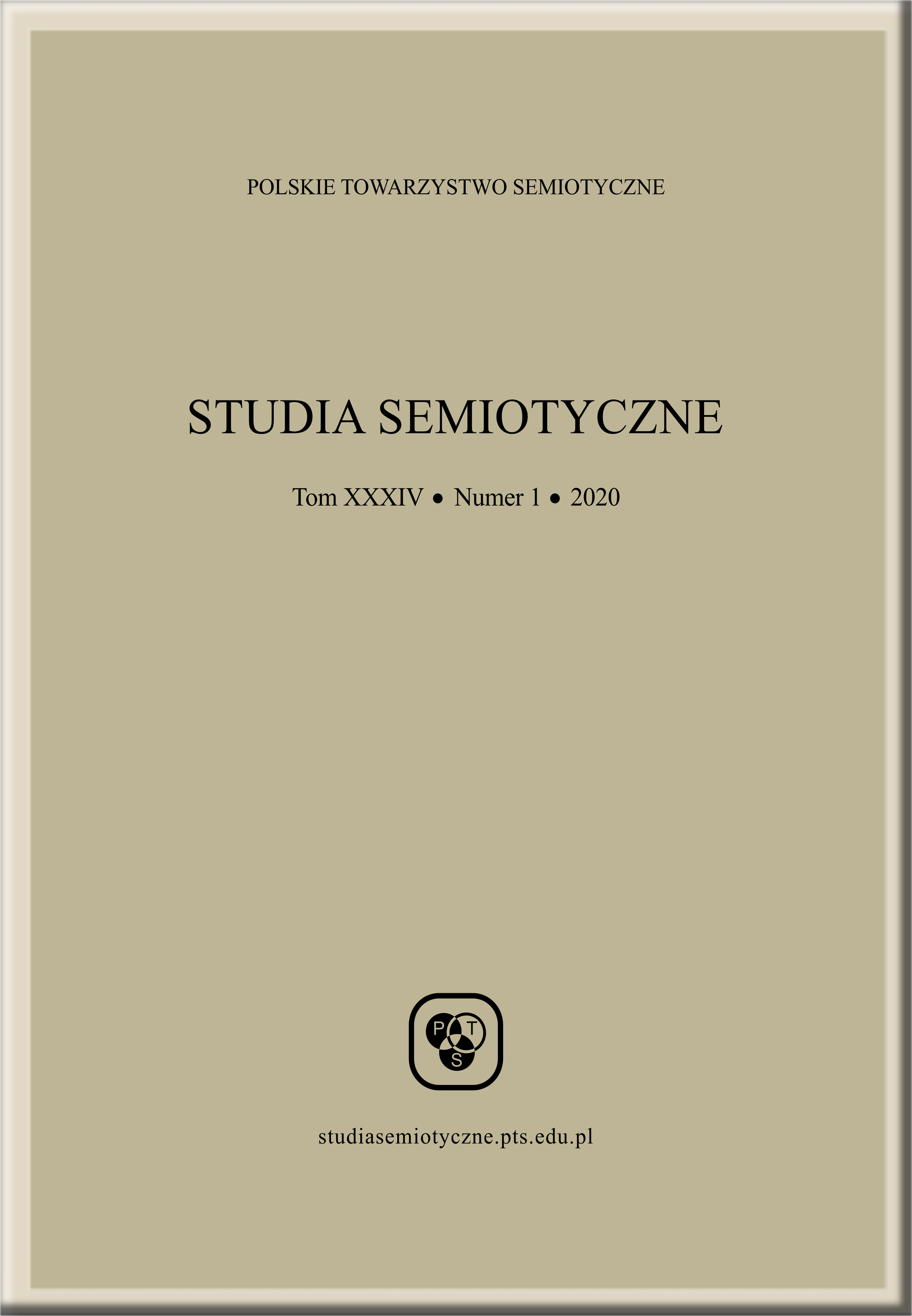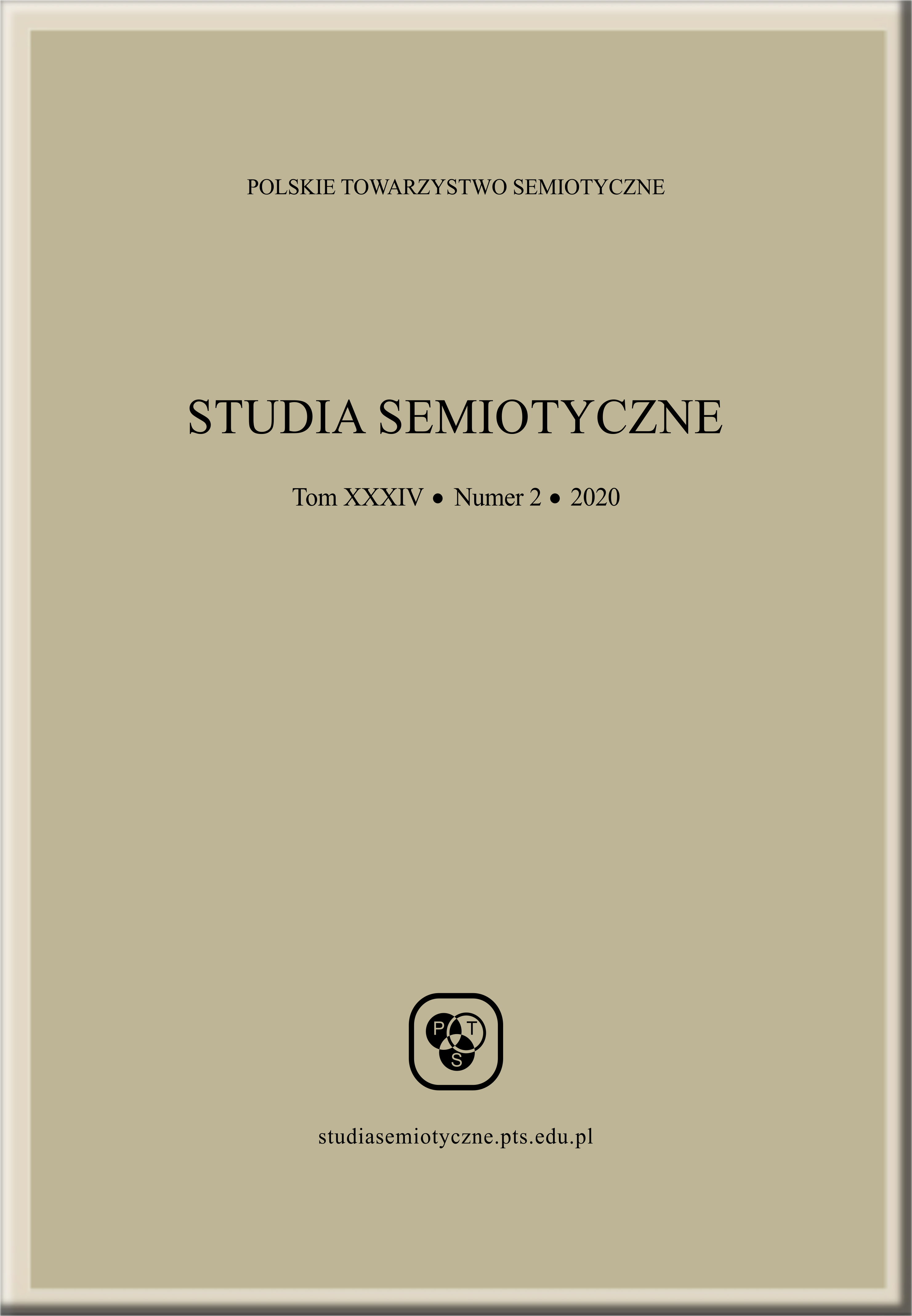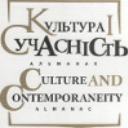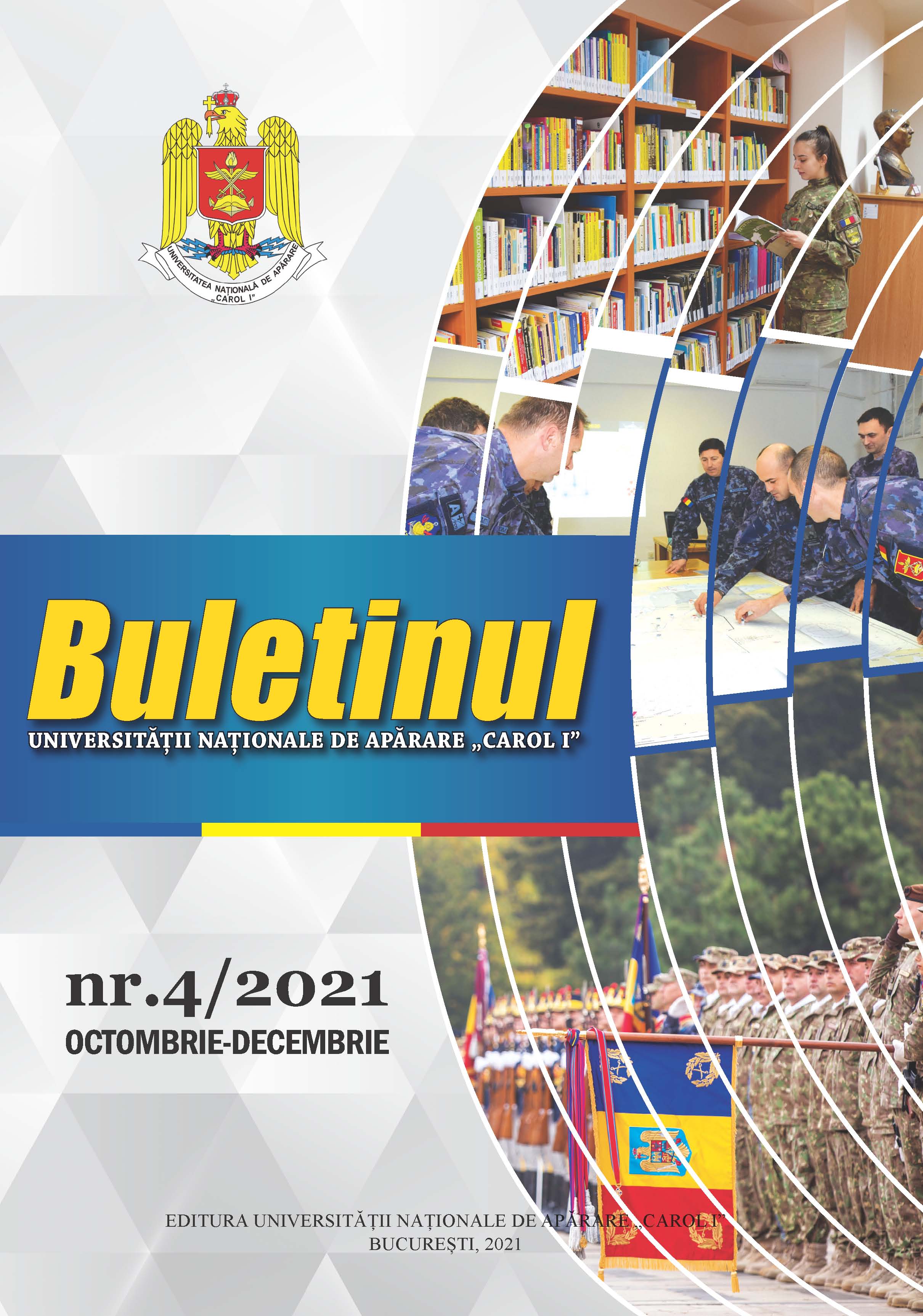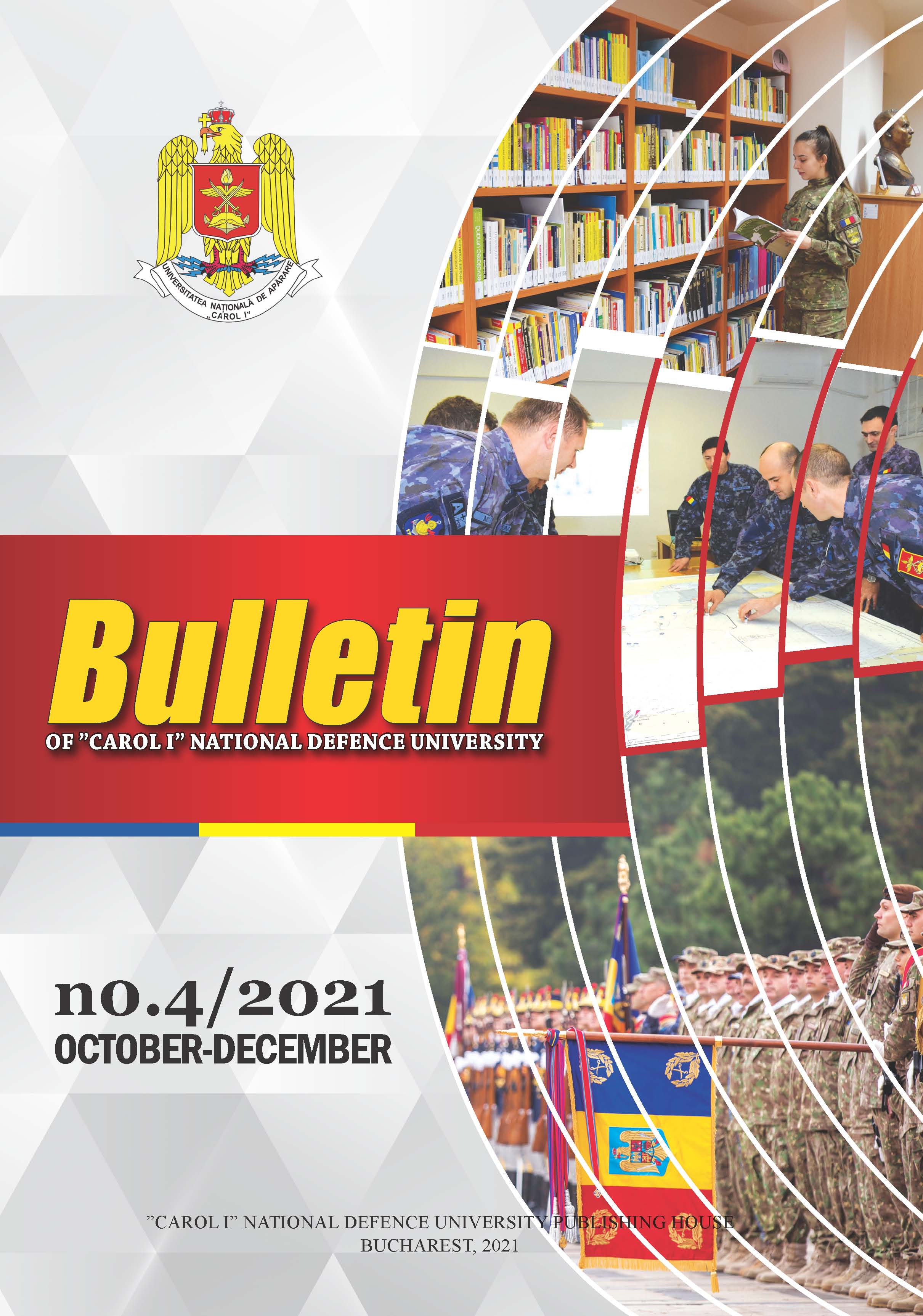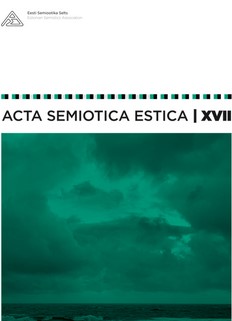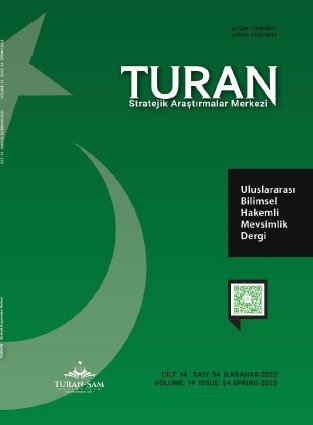Author(s): Tim Ingold / Language(s): Estonian
Issue: 16/2019
Mõned aastad tagasi, ühe seminari käigus Quai Branly muuseumis nõudis Philippe Descola, et ma enda kohta selgitust annaksin. “Miks,” küsis ta, “oled sa säärane semiofoob?” Mulle ei meenu, kuidas ma täpselt vastasin, kuid ma mäletan rõõmu tema diagnoosi täpsuse üle. Ma olen tõepoolest paadunud semiofoob, ja selle üle uhke! Pealegi seisneb selles eriarvamuse tuum minu ja mu austatud kolleegi vahel, kes kõikide allikate põhjal on veendunud semiofiil. Me lähtume eri otstest: tema märkide maailmast, mis nõuavad tõlgendamist, mina maailmast, mis end meie jaoks oma vahetus kohalolus laiali laotab. Semiofiilia tõmbab ilmselgelt ligi uurijaid, kes tahaksid määrata iseend meistertõlgendajateks. See annab neile postamendi, mille otsas seista. Semiofoobia aga kontrastina ähvardab tõmmata postamendi nende jalge alt ära, kuid just samal põhjusel võimaldab meil pääseda vahetult juurde maailmale, millest meil on palju õppida, kui me vaid tähelepanelikud oleme. Nagu ikka, jõuab kogu asi välja küsimuse juurde tähendusest. Semiofiili vaikimisi eelduseks on, et tähendus võrdub tähistamisega. Seega ei saa märkideta olla tähendust. Minu semiofoobseks vastuseks on see eeldus küsimuse alla seada. Ma väidan, et tegusõnad “tähendama” [to mean] ja “tähistama” [to signify] ei ole sünonüümid. Tähendus ei seisne mitte märkide tõlgendamises, vaid maailma otseses tajumises. Ja asjad tähendavad midagi tänu viisidele, kuidas nad tõmmatakse tajumuslikult eluvormidesse.
More...


